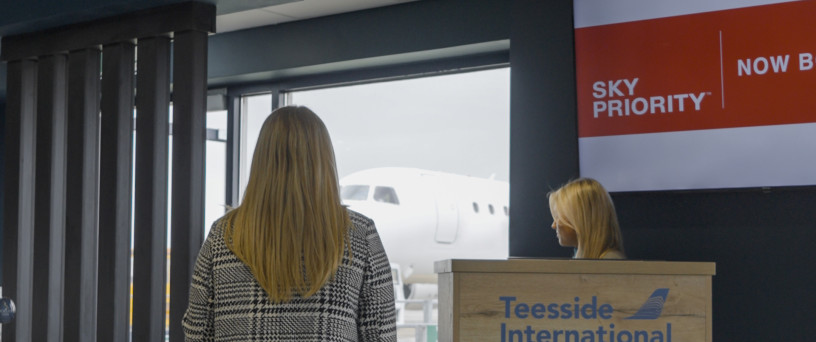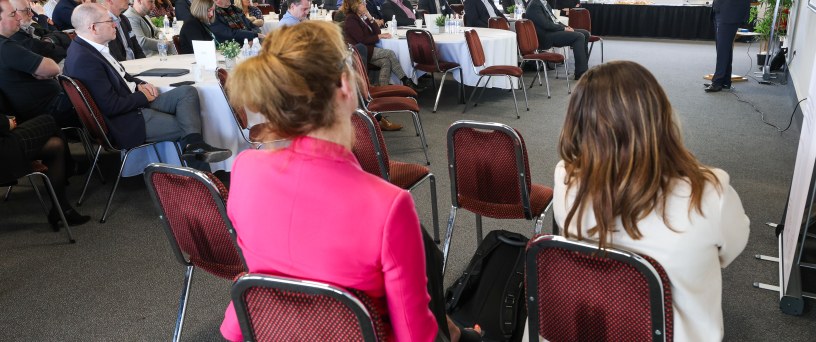
Cutting Edge Digital Project Set For £3.5Million Boost to Break Down Trade Barriers
Business & Invest | Published on: 27th November 2023
A pioneering digital zone is set to receive a £3.5million boost under a plan to break down barriers to trade.
A new 5G “Digital Test Bed” is being lined up at Teesside International Airport – part of the Teesside Freeport – to ease practical problems which can hamper operators in customs zones.
The testing zone will see a private 5G network cover a stretch of the airport’s north side. This will be used to carry out a range of trade, goods movements, and processes digitally.
The plan is for the results from the test bed innovations to feed into the UK Border Strategy, with the potential for the technology to bring cost savings and save time on a wider scale.
Members of the Teesside Freeport Board will decide on whether to approve a business case seeking £3.5million for the test bed on Friday (1 December).
Tees Valley Mayor Ben Houchen, who sits on the Teesside Freeport Board, said: “On the back of seeing Freeport benefits being extended from five years to 10, we’re not slowing down and already doing a lot to attract huge scale international investment and good quality local jobs to Teesside, Darlington and Hartlepool.
“This work on 5G and use of state-of-the-art technology is another example of how we are leading the way in shaping a better future for our airport and region – but also shaping and showing what is best about Freeports, and unleashing their full potential.
“This will be critical in the future as we lead the way in removing barriers that companies here, and right across the UK, are facing to make it smoother and easier than ever to do business.”
The test bed grounds will see concrete hardstanding offer a base for the private 5G network covering the site.
The facilities will offer flexible configurations using portable buildings, and moveable gantries on which the technology can be fixed.
This will provide a small-scale trade landscape to simulate the movement of goods and services across digital borders, allowing systems and technology vendors, logistics and service providers to trial how it will work in a controlled, safe, secure, and independent environment.
The private 5G network will be provided by Dense Air which builds and operates shared wireless infrastructure as a service.
The move comes after close work between the Tees Valley Combined Authority and the International Chamber of Commerce in funding the establishment of the Centre for Digital Trade & Innovation (C4DTI).
This international resource based at Teesside University sits with the Industrial Digitalisation Technology Centre (IDTC) – with the latter providing solutions by integrating digitalisation into businesses.
The Freeport Board will meet at 2.30pm on Friday.
Share this post

